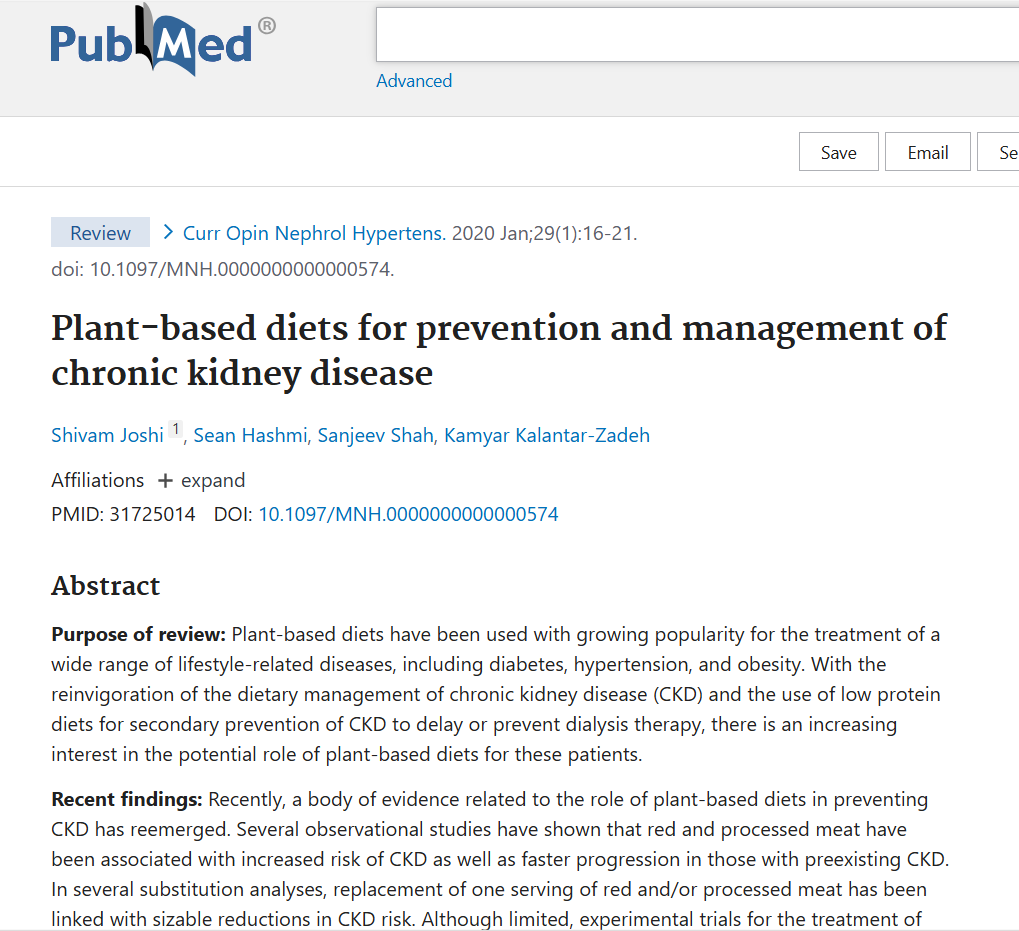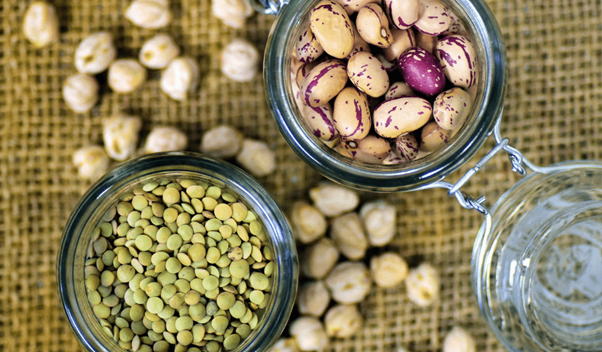Plant-Based Eating for Chronic Kidney Disease
Imagine a world where every meal is a flavour explosion. These foods pack nutrients and are kind to your kidneys.
Sounds too good to be true!
Get ready with your forks. A plant-based diet might be the key to better kidney health!
You have received a diagnosis of chronic kidney disease (CKD).
I bet
You’ve probably encountered a lot of information about restrictions and things to avoid.
But what if there was a way to manage your health while treating your taste buds?
This article dives into the exciting world of plant-based eating for CKD.
It shows how tasty dishes can become powerful tools for supporting your health.
Curious to explore a vibrant new approach to kidney-friendly meals?
Dive in and discover how plant-based eating can transform your health journey!
Plant-Based Power: Embracing a World of Wholesome Goodness
Food is full of flavour and diversity.
Plant-based diets are taking centre stage!
This way of eating goes beyond just skipping meat. It’s about celebrating the fantastic bounty of plants.
Eating plant-based food is delicious. It includes vivid fruits, veggies, hearty legumes, and antioxidant-rich nuts and seeds.
The plant-based world has a spectrum.
You can tailor it to your preferences.
- Vegan: This excludes all animal products, including meat, dairy, eggs, and honey.
- Vegetarian: It eliminates meat and poultry but may include dairy and eggs.
- Flexitarian: Mostly plant-based, with occasional indulgences in animal products.
- Whole Foods, Plant-Based: Emphasises minimally processed, unrefined plant-based foods.
So, why consider a plant-based shift?
The reasons are as plentiful as a farmer’s market haul:
Nutrient Powerhouse
Plants are full of vital vitamins, minerals, and fibre. They promote health and keep you energised.
Heart Health Hero
Studies show that plant-based diets can lower blood pressure. Research also indicates that they reduce bad cholesterol and the risk of heart disease.
Weight Management Marvel
Plant-based meals have fewer calories and less fat. This fat property makes it easier to keep a healthy weight.
Sustainable Superstar
Raising animals for food has a significant environmental impact. Plant-based choices lighten your footprint on the planet.
Delicious Diversity
The plant-based world is full of flavour and creativity.
It has creamy avocado pasta and protein-packed bean burgers.
Embracing a plant-based lifestyle can be manageable.
Start small. Swap a meaty meal for a colourful lentil stew. Try a tofu scramble for breakfast. Or, add roasted vegetables to your dinner.
Many resources are available.
They include cookbooks full of plant-based recipes. They also have online communities full of support and recipes.
So, take a bite out of the plant-based revolution!
You might discover a world of tasty foods. They nourish your body and invigorate your taste buds.
After all, healthy eating shouldn’t be a chore; it’s supposed to be a vibrant adventure!
How can plant-based eating impact chronic kidney disease?
Plant-Based Bounty for Your Kidneys: A Nutritional Ally in Chronic Kidney Disease (CKD)
Suppose you’ve ever been diagnosed with chronic kidney disease (CKD). Navigating dietary restrictions can feel daunting.
But what if there was a way of eating that supports your kidney health and bursts with flavour and variety?
Enter the world of plant-based eating – a potential game-changer for those managing CKD.
Here’s how a plant-based approach can benefit your kidneys:
Reduced Workload
Animal protein puts pressure on your kidneys for waste removal.
You can find plant-based proteins in lentils, beans, and tofu. They are generally gentler on your kidneys.
Blood Pressure Blaster
Many plant-based foods contain little sodium and lots of potassium and magnesium. These nutrients are vital for good blood pressure and crucial to CKD management.
Acidity Avenger
Plant-based diets tend to have lower acid load than animal-based ones. This acid load helps regulate blood pH levels, reducing kidney stress.
Weight Management Warrior
Maintaining a healthy weight is essential for CKD. Plant-based meals are nutrient-dense and low-fat, aiding in weight management.
Bonus Benefits
Plant-based diets help lower the risks of heart disease and diabetes. CKD has these diseases, too.
Important Considerations
Individualised Needs
Working with a doctor or dietitian is crucial. They’ll help you make a personalised plant-based plan that meets your protein needs.
It also helps check electrolytes like potassium and phosphorus. Some plant foods are higher in these.
Protein Power
While reducing protein intake is essential, complete elimination isn’t recommended.
Eat legumes, nuts, and seeds for high-quality plant protein.
Vitamin Vigilance
Specific vitamins, such as B12, might be lower in plant-based diets.
Discuss supplementation with your healthcare provider.
Embrace the Plant-Based Journey
Eating more plant-based meals boosts your health. It’s not just a trend. It gives your body many nutrients and supports kidney health.
With careful planning and guidance from your healthcare team, you can start a tasty journey to good health.
They will empower you.
Plant-Powered CKD Journey: Essential Considerations for Navigating the Path
A plant-based diet offers exciting options for managing chronic kidney disease (CKD). But, it would help if you planned carefully and got guidance from your healthcare team.

Here are some critical considerations to ensure a smooth and successful journey:
Charting Your Course with a Healthcare Professional
Doctor-Patient Dialogue
Open communication with your doctor or registered dietitian is essential.
Discuss your goals, preferences, and any limitations you might have.
Your dietitian or doctor will create a personalised plan.
It will consider your protein needs.
It will also consider your electrolyte levels, like potassium and phosphorus, and health.
Protein Powerhouse Planning
While reducing protein intake is necessary for CKD, complete elimination isn’t recommended.
Explore high-quality plant protein sources like:
Legumes

Lentils, beans, and chickpeas – are excellent sources of protein and fibre.
Nuts and Seeds
Nuts and Seeds are great. They have protein, healthy fats, and essential minerals. For example, almonds, walnuts, and pumpkin seeds.
Soy Products
Tofu and tempeh are versatile sources of complete protein.
Mind Your Electrolytes
Potassium Patrol
Some plant-based foods like leafy greens and avocados are rich in potassium.
Potassium is generally reasonable.
However, CKD patients may need to monitor their intake to avoid imbalances.
Your doctor will advise on appropriate levels and potential restrictions.
Phosphorus Focus
Certain plant foods (nuts, seeds, some grains) have higher phosphorus.
Talk to your doctor about managing your phosphorus intake. To reduce phosphorus, soak or sprout nuts and seeds.
Vitamin Attention
B12 Boost
Vitamin B12 is crucial for nerve function and red blood cell production. You find it primarily in animal products.
Discuss supplementation with your doctor. This consultation will ensure you’ve got enough B12 on a plant-based diet.
Planning and Preparation for Success
Read Food Labels
Become a label-reading pro! Pay close attention to potassium and phosphorus content to make informed choices.
Embrace Cooking
Preparing meals allows you to control ingredients and portion sizes. Explore cookbooks and online resources tailored explicitly to plant-based and CKD-friendly recipes.
Find Your Tribe
Connect with online communities or support groups. These groups focus on plant-based eating for CKD, and sharing experiences and tips can be incredibly motivating.
Remember, a plant-based approach is a journey, not a destination.
Embrace the learning process, experiment with new flavours, and celebrate your progress.
Plan with your healthcare team’s support. You can unlock the power of plant-based eating. It can nourish your body and empower your well-being on your CKD journey.
But
What plant-based plate are you going to have for your kidneys?
Plant-Based Plate for Your Kidneys: Simple Steps to Get You Started
Plant-based eating for chronic kidney disease (CKD) might seem vast. But don’t let it intimidate you!
Here’s a roadmap packed with simple steps to guide you on your delicious and healthy journey:
Baby Steps for Big Results
Start Small
Don’t overwhelm yourself with a complete overhaul. Start with one or two weekly plant-based meals and add more as you get comfortable.
Embrace the Rainbow
Fill your plate with various colourful fruits and vegetables. Each colour provides different vitamins and antioxidants, maximising your nutrition.
Whole Grains for the Win
Swap refined grains for whole grains like brown rice, quinoa, and whole-wheat bread. Whole grains provide sustained energy and valuable fibre.
Legume Love
Beans, lentils, and chickpeas are your protein powerhouses. Explore different varieties and experiment with them in soups, stews, salads, and dips.
Healthy Fats
Include healthy fats in your diet. They are in foods like olive oil, avocados, and nuts. They keep you full, help you absorb nutrients, and add flavour.
Sample CKD-Friendly Plant-Based Meals
Breakfast
Oatmeal with berries and nuts, avocado toast with a whole-wheat English muffin.
Lunch
Lentil soup with a side salad, veggie wrap with whole-wheat pita bread.
Dinner
Stir-fry with tofu and vegetables, brown rice with black beans and salsa.
Do you need more recipes?
Recipe Resources
The National Kidney Foundation
The National Kidney Foundation provides CKD-friendly recipes and meal plans.
The American Kidney Fund
The American Kidney Fund offers a library of recipes tailored for people with kidney disease.
- Many online resources and cookbooks cater specifically to plant-based and kidney-friendly cooking.
Embrace the Support System
Doctor-Patient Dialogue
Discuss your dietary plans with your doctor or registered dietitian.
They can guide you on protein intake. They can monitor electrolytes and meet your nutritional needs.
Online Communities
Join online communities or local support groups.
They focus on plant-based eating for CKD. Sharing experiences and tips can be motivating.
Remember
Consistency is key!
Follow these steps to enter the exciting world of plant-based eating. Also, seek guidance from your healthcare team.
You can also manage your CKD well.
Let your taste buds dance. And let your kidneys rejoice as you start this tasty and empowering journey!
Conclusion
A wealth of potential awaits in plant-based eating for chronic kidney disease (CKD).
It’s a delicious path to support kidney health and boost well-being. It’s also a way to explore a vibrant culinary landscape.
Remember, this is a journey, not a race.
Embrace learning, celebrate your progress, and experiment with flavours to discover what delights your taste buds.
So, grab your favourite veggies.
Embrace the power of plants.
Enjoy the journey to optimal health!

1 thought on “Plant-Based Eating for Chronic Kidney Disease”